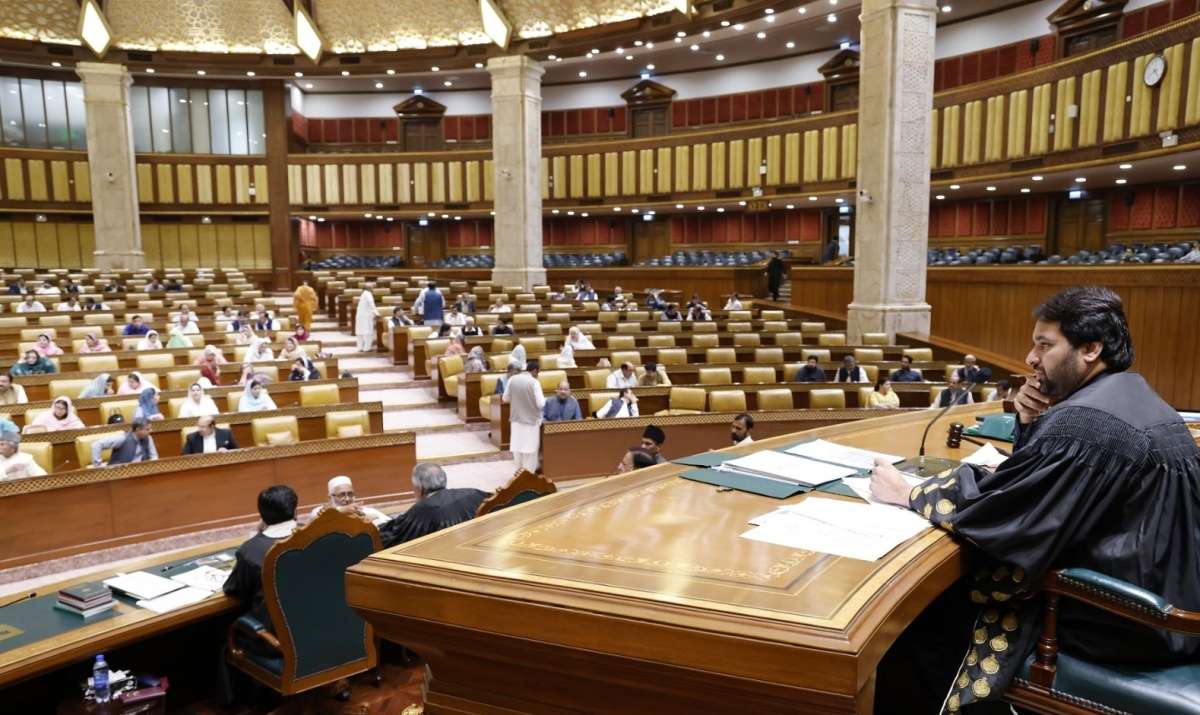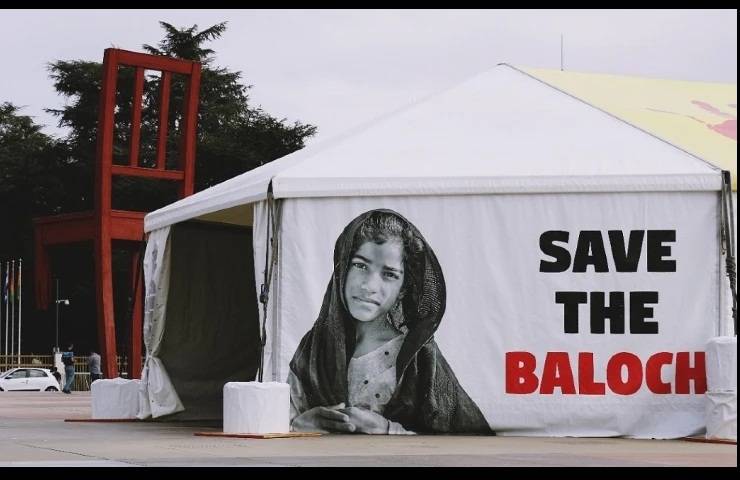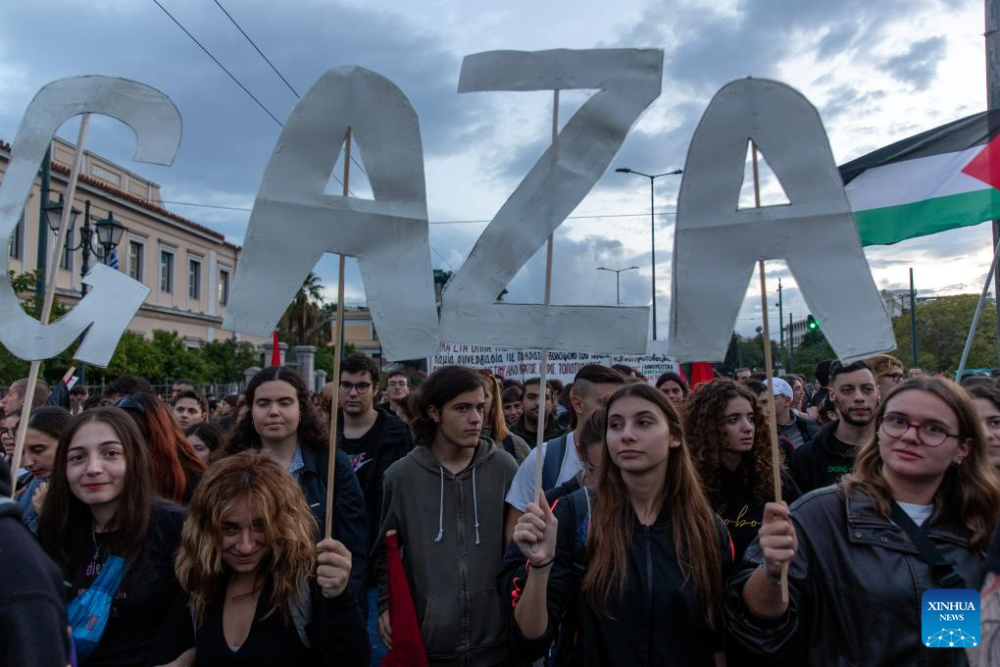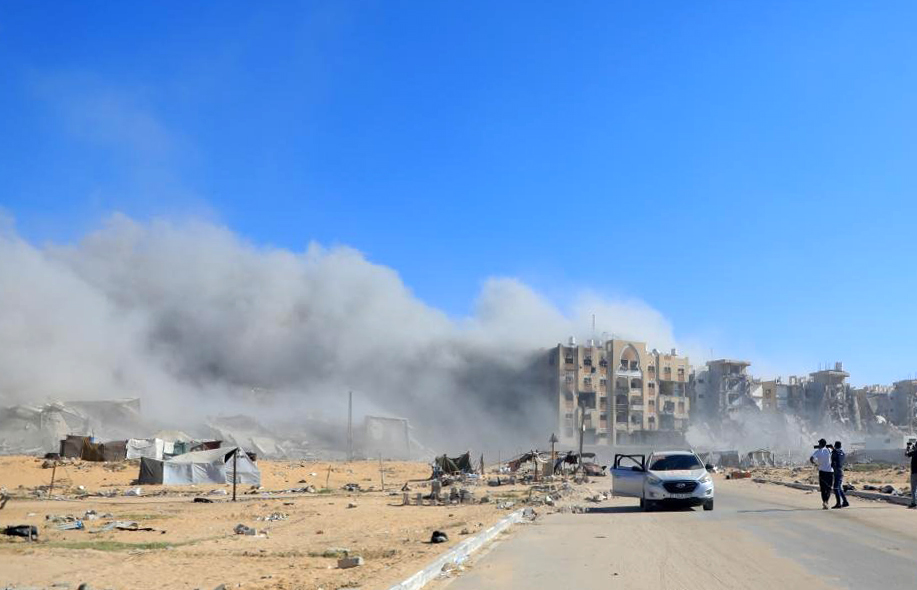Pakistan, a nation struggling with crippling financial woes and rising inflation, moved a step back again with the Punjab government forcefully passing the controversial Defamation Bill 2024 despite opposition from journalists and a section of lawmakers …. writes Dr Sakariya Kareem
It is true that no matter which government comes to power in Pakistan, the country continues to gag its people.
Pakistan, a nation struggling with crippling financial woes and rising inflation, moved a step back again with the Punjab government forcefully passing the controversial Defamation Bill 2024 despite opposition from journalists and a section of lawmakers.
The Punjab government, to muzzle the voices of dissent, approved the bill by rejecting the amendments proposed by the opposition amid protests by the PTI-backed Sunni Ittehad Council and journalists covering parliamentary proceedings.
As the house passed it through voice vote, the Sunni Ittehad Council (SIC) members tore apart copies of the bill.
According to Pakistan media reports, vetted by the Special Committee-1 in the absence of standing committees, the bill was tabled by Punjab Finance Minister Mujtaba Shujaur Rehman with the PML-N government rushing to vote on it ignoring the requests of the journalists.

The press gallery members walked out of the assembly to boycott the proceedings. They rejected the bill as a “curb on free media”, reported Dawn News.]
In its Editorial published on May 22, titled ‘Bulldozed bill’, Dawn criticised the ruling PML-N and wrote: “Where once the party was championing the people and their voices, it is now devising new means to silence them. “
After days of power struggle and a deal of settling seats, the PML-N in February returned to power following a controversial national poll as claimed by the opposition.
The Defamation Bill is seen by opposition and critics as a measure introduced by the Punjab government to silence the voices fighting against it.
In its editorial, Dawn said: “Defamation is a societal problem, not something that concerns the Punjab government alone. The journalists’ community had merely asked the Punjab government for a week to reconsider the law and arrive at a consensus. Meanwhile, the opposition had suggested certain changes to the law, some of which, it seems, could have improved it considerably.”
The Judicial Activism Panel (JAP), a self-styled public interest forum based in Lahore, described the bill as ‘draconian’ and asked the Punjab government to reconsider it.
The Human Rights Commission of Pakistan reflected similar sentiments when it said the bill throttles free expression.
“HRCP is also concerned by the haste in which this bill is being tabled. Five days is too short a period for any meaningful consultation with civil society and digital and mainstream media stakeholders on what is a complex legal proposal affecting an entire digital ecosystem of opinion makers,” the human rights body said in a post o X.
Pakistani experts believe disregard for the opposition and other dissenting voices is perhaps the reason why the governments in the country have failed to deliver over the years.
In its Editorial, Dawn News summed up a solution to solve the ongoing tussle by saying: ” The Punjab government must withdraw this dangerous bill and engage with other stakeholders. There is still time.”
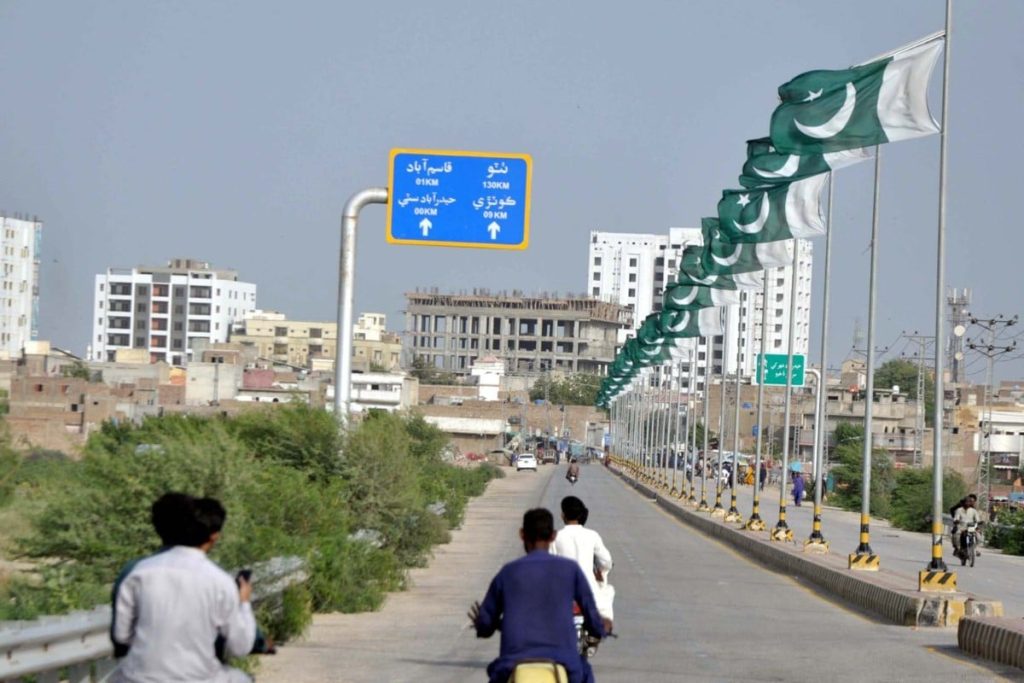
The Joint Action Committee (JAC), which consists of journalist and media owner bodies — the Pakistan Broadcasters Association (PBA), All Pakistan Newspapers Society (APNS), Council of Pakistan Newspaper Editors (CPNE), Pakistan Federal Union of Journalists (PFUJ) and Association of Electronic Media Editors and News Directors (AEMEND), earlier issued a joint statement where it expressed serious concern over amendments to the Pakistan Electronic Crimes Act (PECA) as well as the new defamation bill.
The Joint Action Committee, in the statement, said that media stakeholders were not against strengthening the defamation laws or regulating digital media after strengthening defamation laws, but the law in its current form “threatens the fundamental right to freedom of expression.”
The government of Pakistan recently launched a special cyber crime investigation unit — National Cyber Crimes Investigation Agency (NCCIA) — under the controversial Prevention of Electronic Crimes Act (PECA) 2016, shifting the role from the Federal Investigation Agency (FDA).
According to experts, the introduction of NCCIA poses fresh threats to journalists and activists in Pakistan as the PECA law, which was originally enacted to combat various forms of cybercrime such as cyber terrorism, unauthorized access, electronic fraud and online harassment, and to enhance the security of cyberspace for users and businesses, is used by the country’s authorities to suppress dissent and curb the freedom of press and speech.
PECA is a draconian law that contains vague and overly broad offenses, and it has been criticized by Pakistan’s human rights defenders and civil society organizations for criminalizing legitimate forms of expression based on supposed national security concerns and to protect majoritarian interpretations of Islam, according to Amnesty International.
ALSO READ: Tension Lingers in Pakistan-occupied Kashmir’s Muzaffarabad


